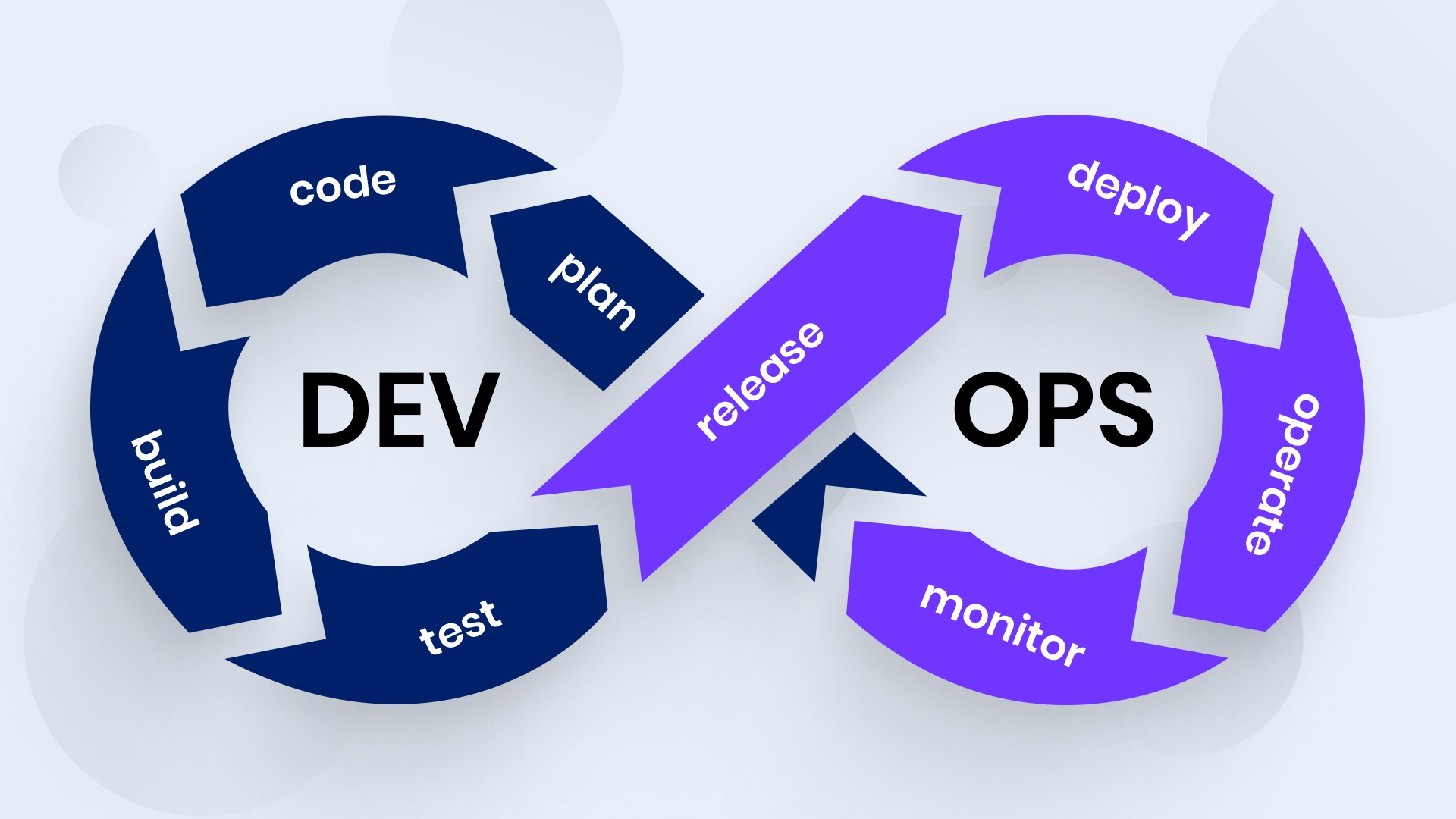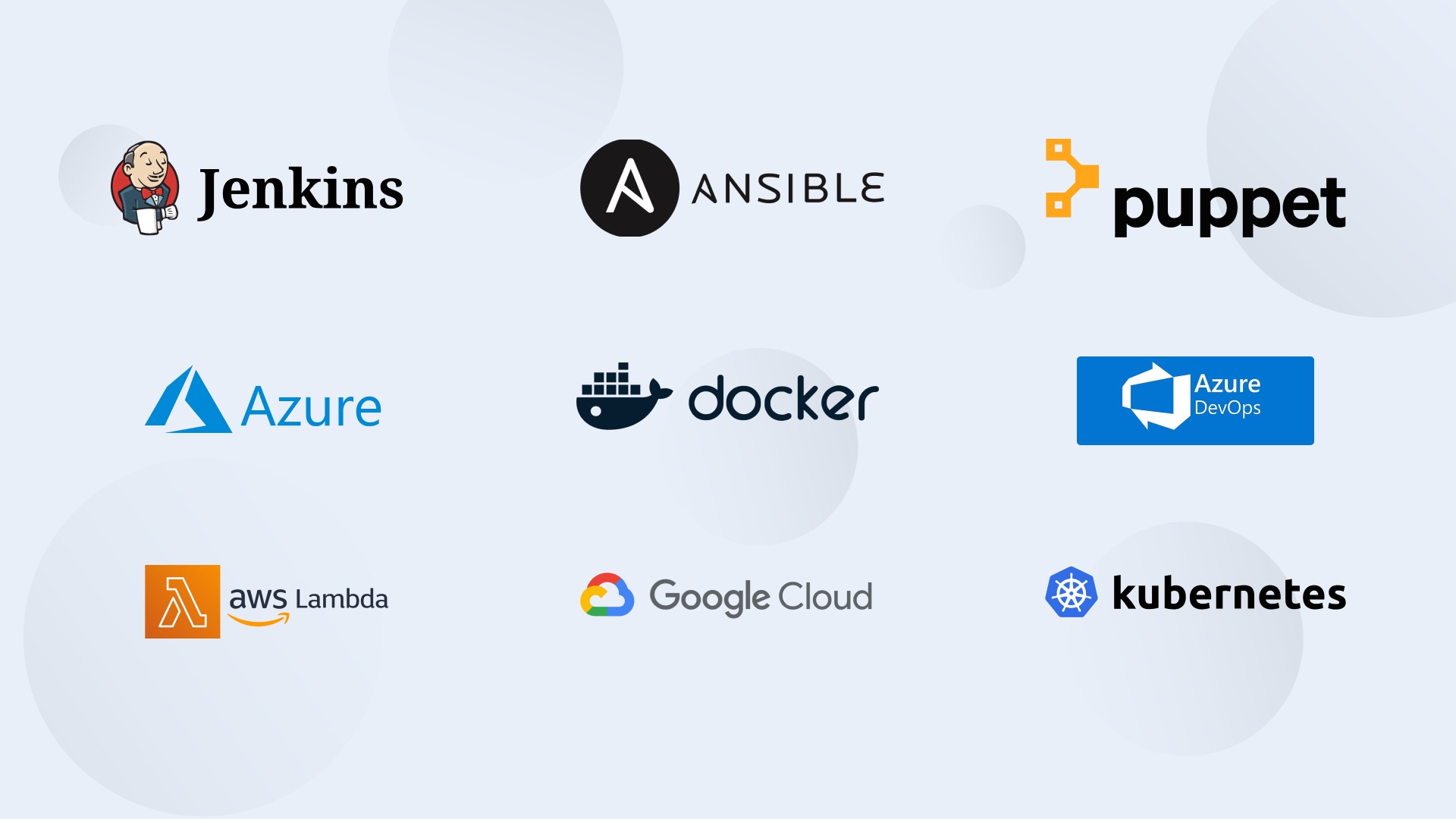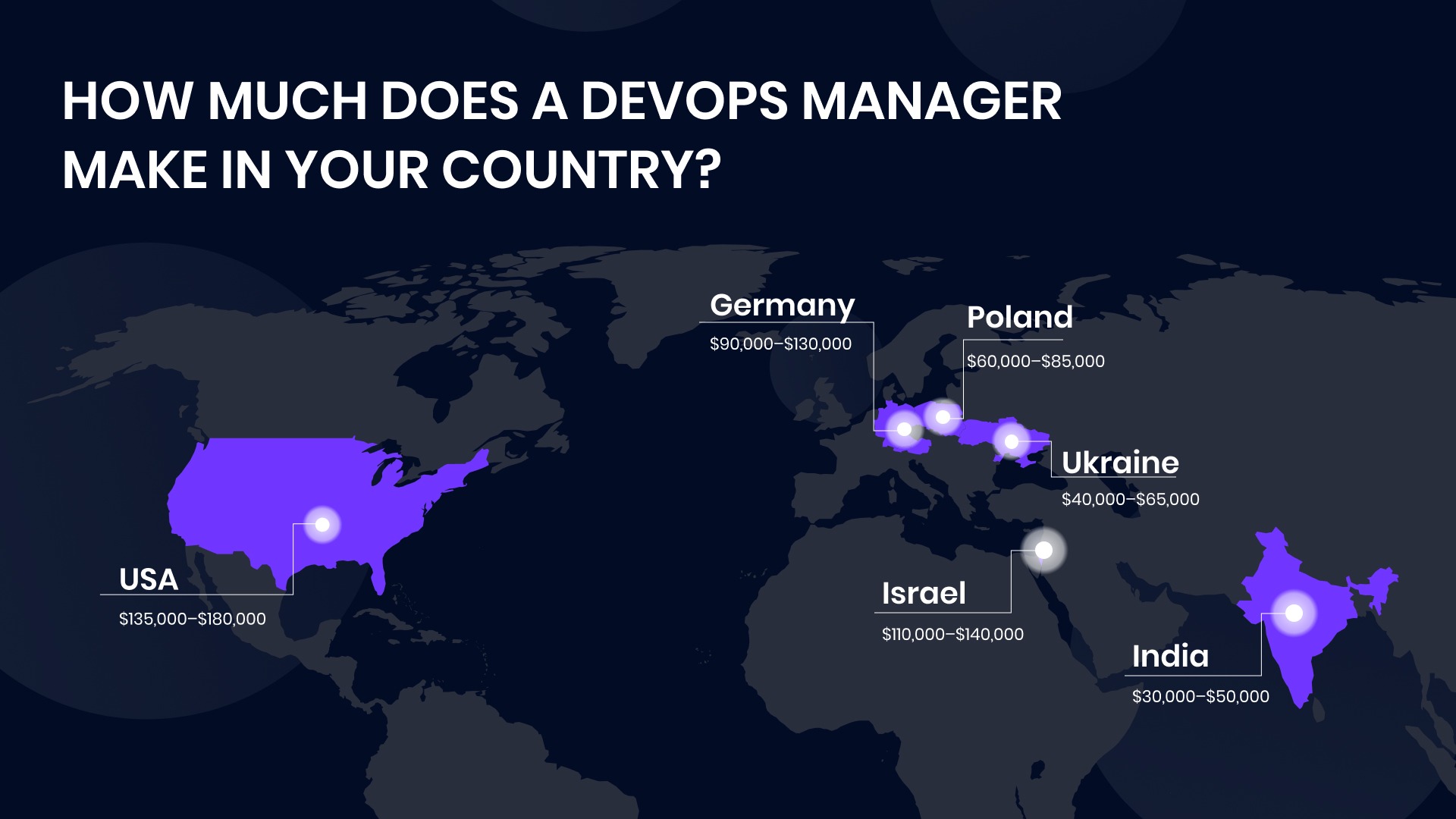
A DevOps Manager leads the integration of development and operations teams to facilitate software delivery and infrastructure management. Their role is to create a culture of collaboration, implement tools and processes for continuous delivery, and ensure that development cycles are fast, stable, and secure. They act as the bridge between technical teams and business needs, overseeing the automation of workflows, monitoring system performance, and enabling teams to adapt quickly to changes.
Is there a difference between a DevOps Manager and a DevOps Engineer? An engineer is a hands-on technical professional who builds, maintains, and improves the tools and systems needed to automate and streamline software development and deployment. They focus on implementing CI/CD pipelines, managing infrastructure, and troubleshooting issues.
On the other hand, the DevOps Manager is a leadership role that oversees the DevOps process across teams. They ensure the alignment of tools, processes, and people with the organization’s strategic goals. The manager is responsible for setting priorities, guiding teams, and fostering collaboration between development, operations, and business units.
The history of DevOps and its impact
The DevOps methodology emerged in the late 2000s to address inefficiencies in traditional software development. Back then, developers focused on creating code while operations teams handled deployment and maintenance. These teams often worked in silos, with little collaboration. This separation caused delays, miscommunication, and frequent errors, especially when changes in code disrupted the stability of deployed systems.

The term “DevOps” appeared, it is believed, on the 23rd of June 2009, during the DevOps Days conference in Belgium, organized by Patrick Debois, often called the “father of DevOps.” This movement drew inspiration from Agile practices, focusing on continuous improvement, customer collaboration, and fast delivery cycles. It aimed to merge development and operations into a unified process where teams work together to automate workflows and improve system reliability.
The rise of automation tools like Jenkins for CI/CD, Docker for containerization, and Kubernetes for orchestrating containers also invested in the popularity of DevOps. These tools allowed teams to deploy software faster and with fewer errors.
The impact of DevOps has been profound. Netflix, Amazon, Google, and other companies adopted DevOps to achieve faster software releases, leading to their success in their industries. Today, DevOps is more than a methodology – it’s a cultural shift.
Day-to-day tasks of a DevOps Manager
DevOps Managers act as a bridge between development, operations, and business teams. They resolve communication gaps, clarify project goals, and mediate conflicts. But that’s not all! See the full list of DevOps Manager functions in a team.
Strategize DevOps practices
A DevOps Manager develops strategies to integrate development and operations teams. This involves analyzing existing workflows, identifying bottlenecks, and creating policies to improve efficiency. They ensure teams follow standardized processes for collaboration and technology use, which helps in scaling operations and maintaining consistency across projects.
Oversee CI/CD pipelines
Managing Continuous Integration and Continuous Deployment pipelines is central to their role. They ensure the pipelines run smoothly, enabling teams to test and release code frequently and reliably. This involves setting up automated testing and deployment systems, monitoring for failures, and fine-tuning configurations to reduce downtime.
Automate workflows
The manager identifies tasks that can be automated to save time and reduce human error. This includes automating code builds, deployments, system monitoring, and alerts. By using tools like Ansible or Jenkins, they enable teams to focus on creative problem-solving instead of repetitive manual tasks.
Monitor system performance
They use performance monitoring tools like Grafana, Prometheus, or New Relic to track system health. This includes analyzing metrics like server load, memory usage, and application response times to detect and address issues before they affect users. Such proactive monitoring helps maintain high uptime and reliability.
Enhance security
Security is a growing concern in DevOps, and managers play a crucial role in integrating DevSecOps practices, like embedding security checks into CI/CD pipelines, setting up vulnerability scans, and ensuring teams follow security guidelines. They collaborate with cybersecurity teams to address threats and protect sensitive data.
Mentor teams
A DevOps Manager guides team members in adopting DevOps tools and practices. They hold training sessions, provide feedback on workflows, and encourage continuous learning. By fostering a culture of improvement, they help teams stay updated on emerging trends and technologies.
Requirements to become a DevOps Manager
As DevOps emphasizes collaboration, soft skills like empathy, adaptability, and active listening become as important as technical abilities. Hard skills, education, and experience are usually more important, though. Here’s what you will find in a typical role description:
Education
While a degree in computer science, IT, or a related field is common, some companies also consider equivalent experience, especially for candidates with certifications or strong technical backgrounds. Advanced degrees in management or specialized areas like cloud computing can give candidates an edge, particularly in large companies with complex systems.
Skills

Expertise in automation tools. Hands-on experience with Jenkins, Ansible, Chef, or Puppet is critical for streamlining development and operations processes. DevOps Managers must know how to set up, maintain, and scale these systems for teams.
Proficiency in cloud platforms. Cloud services such as AWS, Azure, and Google Cloud form the backbone of modern IT infrastructure. To guide cloud-based projects, managers must understand cloud architecture, cost optimization, and platform-specific services like AWS Lambda or Azure DevOps.
Scripting and programming knowledge. Familiarity with Python, Bash, or Go is essential for troubleshooting, creating scripts for automation, and understanding the technical challenges faced by the team.
CI/CD, version control, and containerization. A deep understanding of CI/CD practices, version control systems like Git, and containerization tools like Docker and Kubernetes is crucial. These skills ensure smoother software delivery cycles and scalable infrastructure.
Leadership and communication. As leaders, DevOps Managers must resolve conflicts, motivate teams, and communicate with technical staff and non-technical stakeholders. The ability to explain complex concepts in simple terms is invaluable for gaining buy-in across departments.
Experience
DevOps Managers typically build their expertise through years of hands-on roles in DevOps, system administration, or software engineering. Employers value candidates with a proven ability to lead projects, handle crises, and drive team collaboration. Experience in managing large-scale deployments or migrations, especially in cloud environments, is highly regarded.
Certifications
Certifications like AWS Certified DevOps Engineer, Microsoft Certified: DevOps Engineer Expert, or Docker Certified Associate demonstrates proficiency and commitment to continuous learning. Leadership-specific certifications, like ITIL or PMI-ACP, can also enhance a candidate’s profile.
Trends in the role
The DevOps Manager role evolves with the rise of AI and automation in IT workflows. Emerging trends include:
- AI-driven DevOps (managers now incorporate AI tools to predict system failures and optimize workflows);
- DevSecOps (security integration is no longer optional); and
- Infrastructure as Code (ensuring infrastructure setups are version-controlled and automated).
Salaries for DevOps Managers
Salaries of DevOps specialists vary by company size, region, and the complexity of the role. Here are some average annual wages in different countries (as of December 2024):

- USA: $135,000–$180,000
- Israel: $110,000–$140,000
- Ukraine: $40,000–$65,000
- Poland: $60,000–$85,000
- Germany: $90,000–$130,000
- India: $30,000–$50,000
Does your company need a DevOps Manager?
A DevOps Manager can help you answer critical questions like:
- Are your deployment cycles too slow?
- Does your team face constant communication issues?
- Are manual processes causing inefficiencies or errors?
If your company relies on frequent software updates, operates complex systems, or struggles with slow development cycles, a DevOps Manager can be transformative. They are vital for businesses adopting cloud technologies, seeking rapid scaling, or dealing with security concerns.
« Back to Glossary Index

